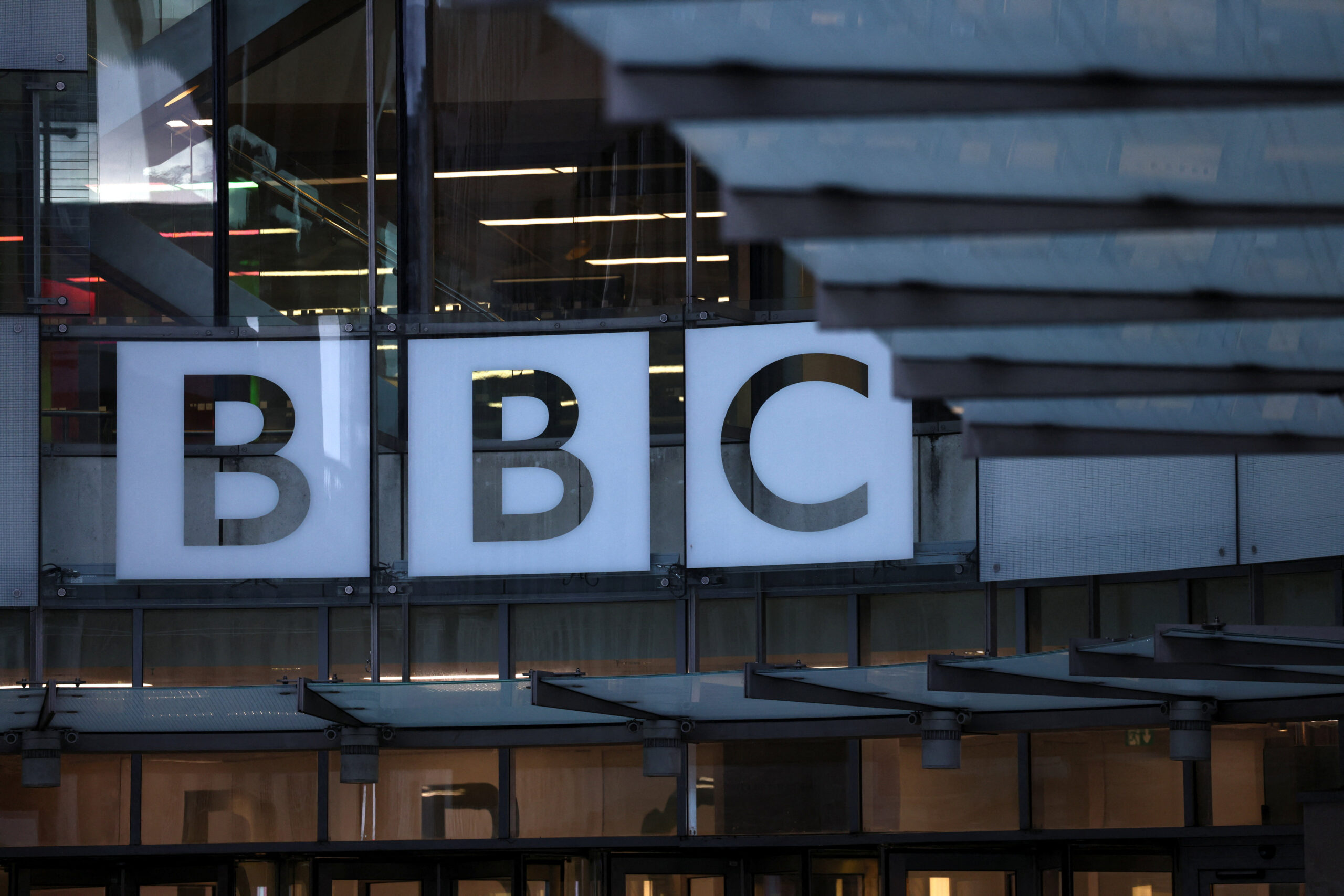Female staff at the BBC have expressed long-standing concerns about the broadcaster’s handling of transgender issues, as revealed by recently leaked emails dating back to 2020. Employees reported feeling pressured to endorse a narrative that they believe prioritizes the “trans agenda” over factual reporting.
In the emails obtained by the Sunday Times, female employees highlighted instances where biologically male transgender individuals were referred to as women in news stories. They also criticized the avoidance of terms such as “girls” and “women” in discussions related to menstruation and birth control. Despite raising these issues with senior executives, including acting head of news Jonathan Munro and director of news Richard Burgess, staff felt their complaints were largely ignored.
Culture of Fear and Censorship
The leaked correspondence suggests a pervasive culture of fear within the BBC, where even seasoned reporters hesitate to question the established stance on transgender matters. Staff described a workplace environment in which dissenting views on trans issues could lead to accusations of bigotry. One employee remarked, “Any questioning or insufficiently enthusiastic championing risked being labeled as bigoted. It felt like activism, not news.”
The issue has gained further attention following the coverage of Karen White, a transgender individual who sexually assaulted two inmates in a female prison. The BBC consistently referred to White as a woman, raising concerns among staff about the integrity of their reporting. Former editor Samantha Smith stated that when she suggested White should be identified as a man, her comments were quickly dismissed. She reported feeling pressured to conform to the BBC’s editorial stance, which she described as Orwellian.
Whistleblower Sue Evans, who previously exposed the use of puberty blockers on minors, echoed these sentiments, alleging that the BBC has been “infiltrated by activists.” Internal communications revealed that stories critical of the transgender movement were subjected to “effective censorship” by LGBTQ reporters at the BBC, who acted as gatekeepers to the narrative.
BBC’s Response and Broader Controversies
In response to the allegations, the BBC stated that it has made several adjustments to its reporting on sex and gender. The organization emphasized the importance of updating its news style guide and has appointed its Social Affairs Editor to oversee this coverage. “Where there have been concerns about particular stories, we have addressed them,” the BBC added.
These revelations come amid further scrutiny of the BBC’s editorial practices. Criticism has also been directed at the broadcaster for its handling of other sensitive topics. Notably, former President Donald Trump announced plans for a legal battle against the BBC, seeking $5 billion in damages after they edited footage of his speech on January 6, 2021, for a documentary. Additionally, the BBC’s Arabic Service has faced accusations of broadcasting pro-Hamas propaganda and neglecting coverage of Israeli hostages.
As the BBC grapples with these allegations, the future of its editorial independence and commitment to balanced reporting remains under examination.







